A South Korean court has issued a warrant for the arrest of impeached president Yoon Suk Yeol after his short-lived attempt to impose martial law, the country’s anti-corruption agency has said.
The Corruption Investigation Office for High-Ranking Officials, which is leading a joint investigation with police and military authorities into the power grab that lasted only a few hours, confirmed it requested the warrant from the Seoul Western District Court on Monday.
The agency said it is investigating whether his declaration of martial law amounted to rebellion.
Mr Yoon’s powers have been suspended since the opposition-controlled National Assembly voted to impeach him on 14 December.
South Korea’s Constitutional Court will determine whether to dismiss Mr Yoon as president or reinstate him.
He has ignored repeated requests by investigative authorities to appear for questioning and allow them to search his office.
Mr Yoon has the presidential privilege of immunity from criminal prosecution, but it does not extend to allegations of rebellion or treason.
The anti-corruption agency said it has no immediate plans on how to proceed with the court-issued warrants.
Many observers earlier doubted that authorities would forcefully detain him because of the potential for clashes with the presidential security service.
They say the security service likely will not permit searches of Mr Yoon’s office, citing a law that prohibits searches on sites with state secrets without approval from those in charge of those areas.
Mr Yoon’s imposition of martial law lasted only six hours but triggered huge political turmoil, halting high-level diplomacy and rattling financial markets.
The president sent hundreds of soldiers and police officers to the National Assembly to block a vote on his decree, but enough members managed to enter the assembly chamber to overturn it unanimously.
Mr Yoon has argued his decree was a legitimate act of governance, calling it a warning to the main liberal opposition Democratic Party which he has described as “despicable pro-North Korean anti-state forces”.
He claims the party used its legislative majority to impeach top officials and undermine the government’s budget.
Read more from Sky News:
2024: A year in satellite images
Former US president Jimmy Carter dies
Russia’s ‘hybrid attacks’ against NATO ‘look like war’
The country’s political crisis deepened on Friday when the Democratic Party and other small opposition parties voted to impeach acting President Han Duck-soo.
The opposition brought impeachment proceedings against him over his refusal to immediately fill three places on South Korea’s Constitutional Court – where the former president is on trial.
Three justices had been approved by parliament – where the opposition Democratic Party has a majority – but Mr Han said he would not formally appoint them without bipartisan agreement.
South Korea’s constitution says that six justices on the nine-member Constitutional Court must agree to remove an impeached president, meaning the current justices must vote unanimously to remove Mr Yoon.
The deputy prime minister and finance minister, Choi Sang-mok, has become South Korea’s new interim leader.

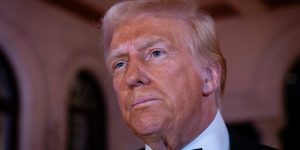
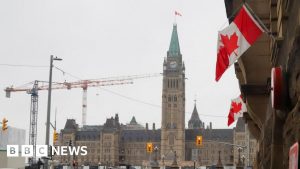







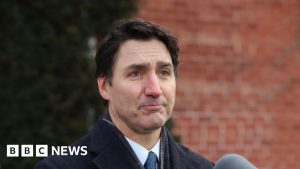

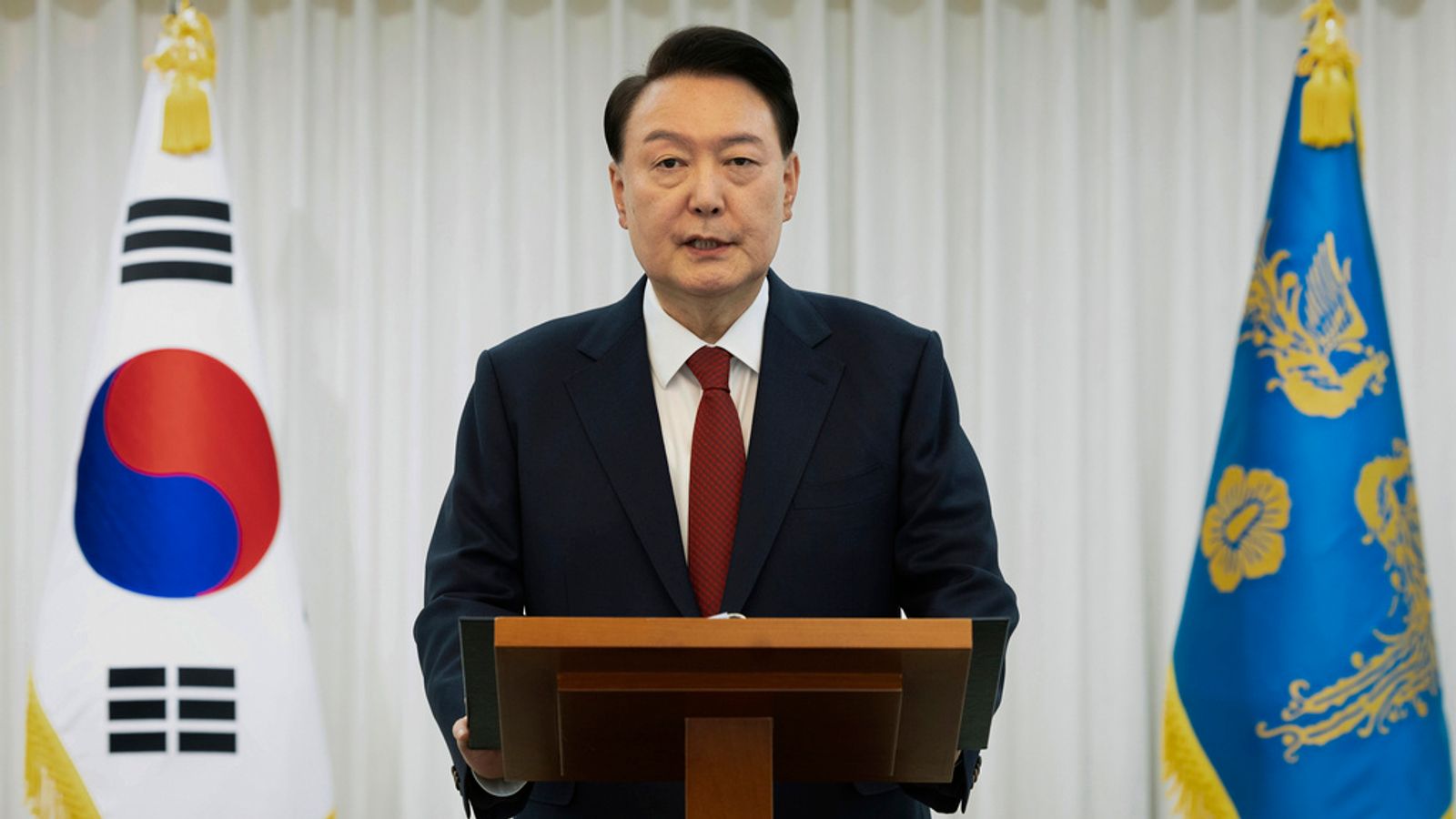


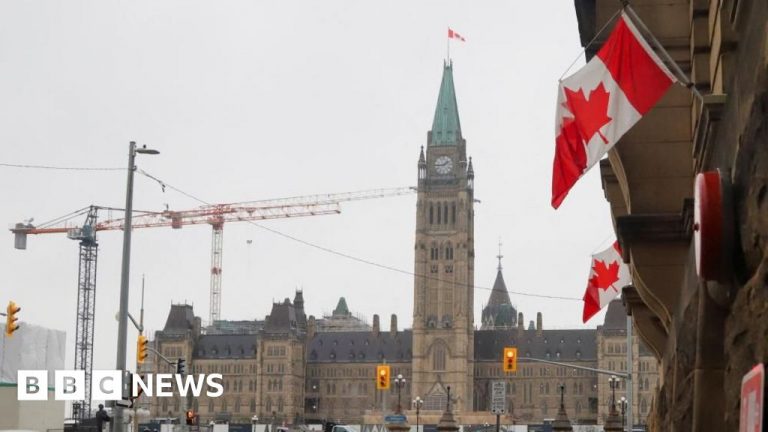
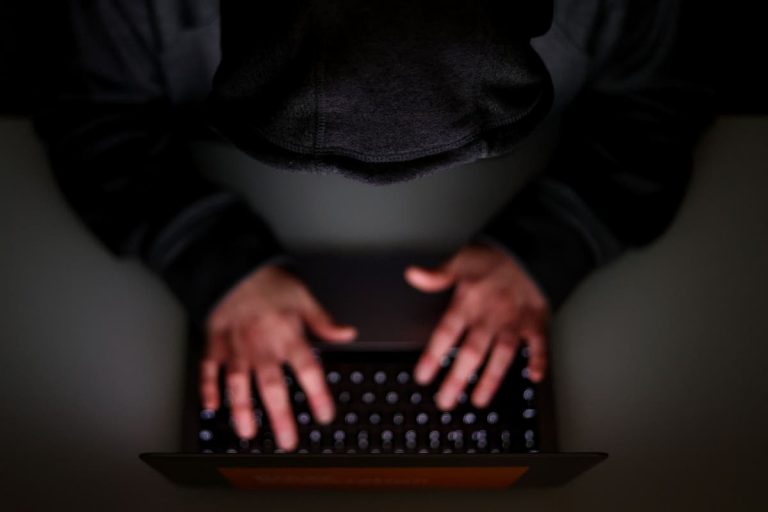
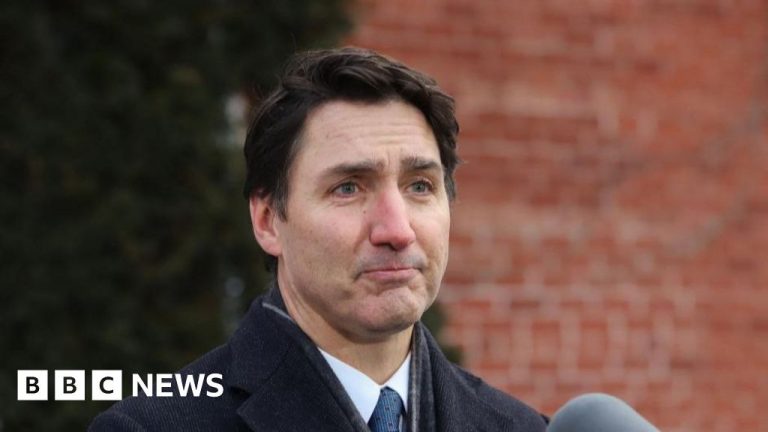

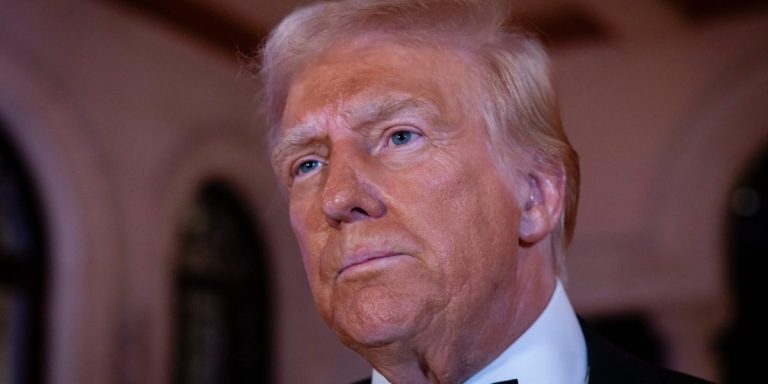


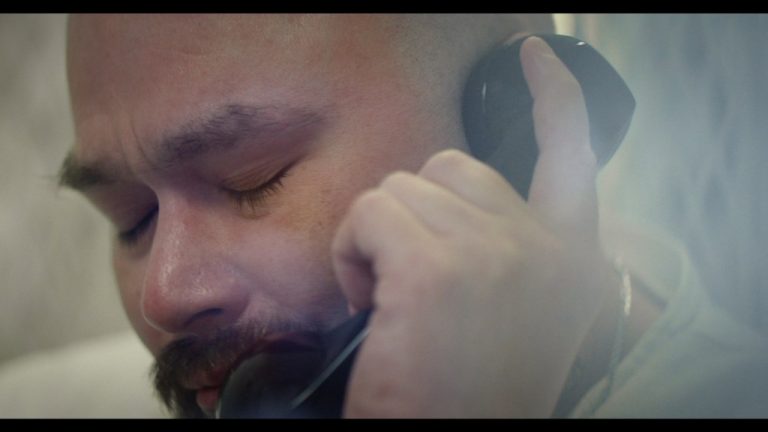


+ There are no comments
Add yours